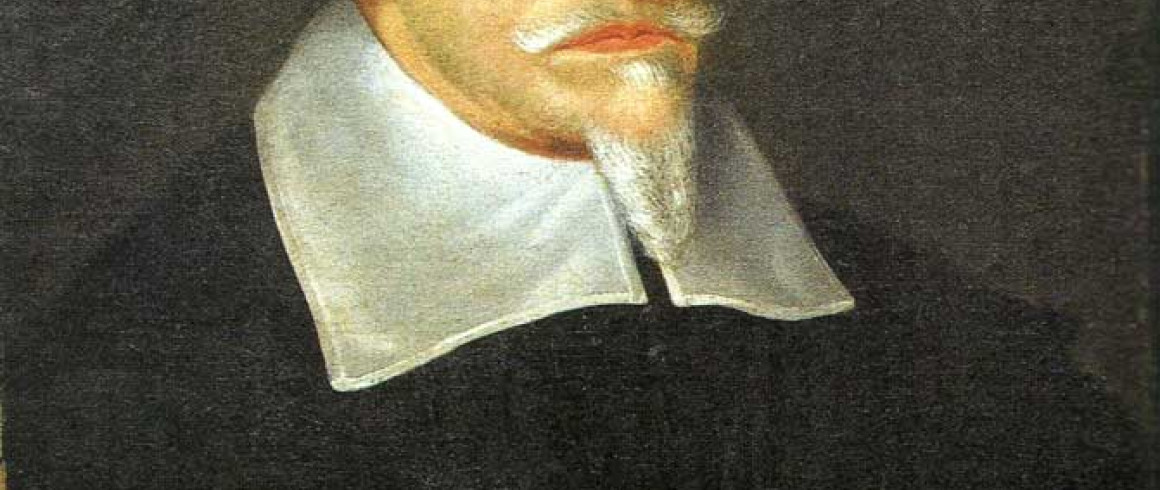Kenderdine Consort to perform ‘Musikalische Exequien’
The Kenderdine Consort present the earliest German requiem, Musikalische Exequien by Heinrich Schütz (1585-1672), the 'father of German music' Saturday 30 April, 9pm, Pembroke Chapel.
Musikalische Exequien was composed during the Thirty Years War (1618-48) for use at the funeral services of Count Heinrich II, Count of Reuss-Gera, who died in December of 1635. The work consists of alternating biblical quotations and verses from Lutheran hymns, the texts of which had been engraved in advance on the aristocrat's coffin. Not wanting to miss out on his own funeral, Count Heinrich took part in performances before his death, singing an additional bass part specially composed for him.
Musikalische Exequien ('funeral music') was the last piece that Schütz wrote, described in one manuscript as his 'finale and swansong'. It is an inventive and highly moving work, sung in this performance by the Kenderdine Consort, who specialize in performances of seventeenth-century works in the sympathetic acoustics of the College Chapel. The singers, ex-choral scholars of Trinity and Clare who have performed together in various combinations for several years, are directed by Pembroke’s Fellow in Music, Dr Sam Barrett.
Admission is free, with a closing collection in aid of CARA (Council for Assisting Refugee Academics).
More information on the Musikalische Exequien and Heinrich Schütz can be read here.
Image: Heinrich Schütz
